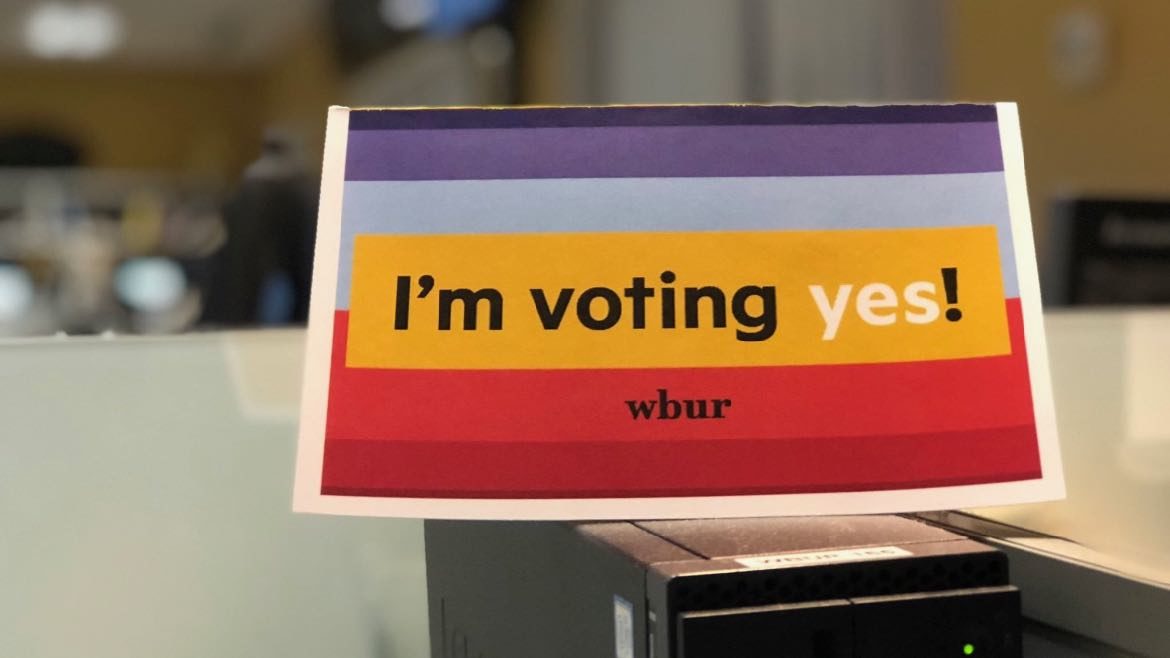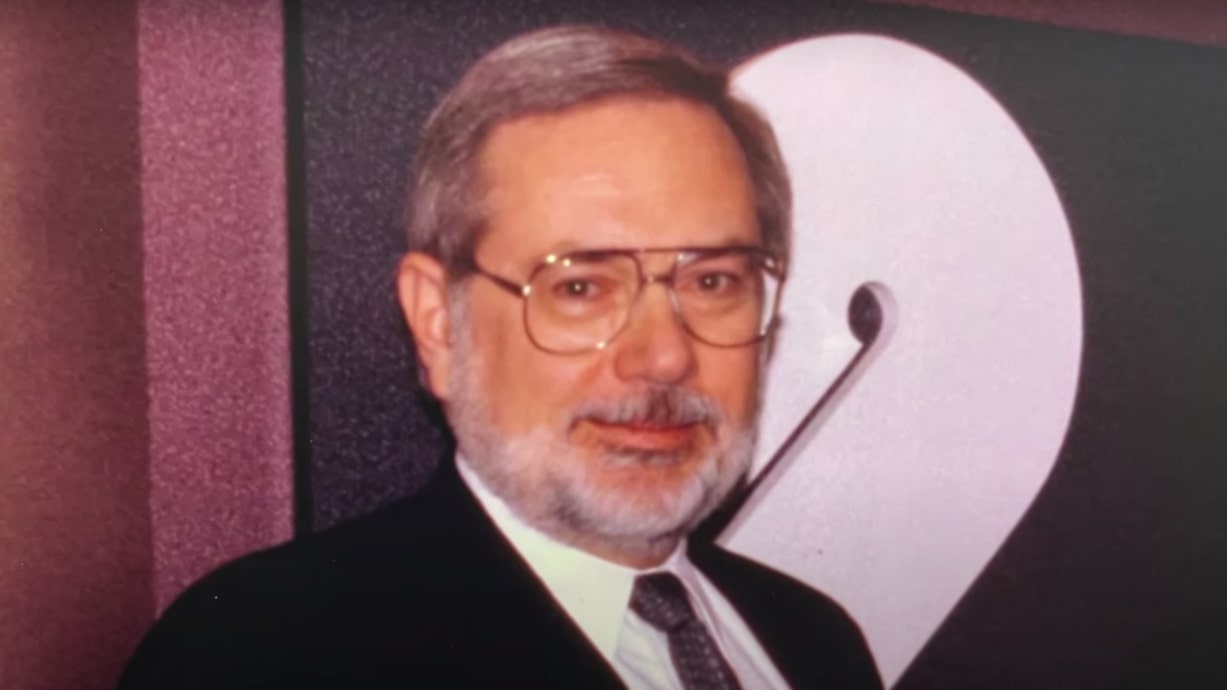WBUR, union reach tentative agreement

We Make WBUR
A union sign at WBUR.
Representatives of WBUR’s SAG-AFTRA union and management for the Boston station have reached a tentative agreement on a union contract, both parties said Friday.
If approved by union members, the contract would be the first since the group of news, digital and production staffers voted overwhelmingly to form the union in February 2019.
The agreement would cover three years and include wage adjustments, “along with a strong commitment to diversity” and professional development, said CEO Margaret Low.
“I think we all feel that we’re going to be better for it,” Low said.
Max Larkin, a union steward and WBUR education reporter, declined to discuss specifics of the contract but said in an email that it addresses “some practices that aren’t so nice” in public radio, including “the abuse of some workers’ ‘temporary’ status, low pay for some work, a lack of diversity and transparency” and harassment and discrimination.
“These protections will set us up to have more say in what happens in the weeks and months ahead,” Larkin said. “We get a seat at the table with management and new tools to foster diversity and fairness in our workplace and address problems before they become serious. Maybe most importantly, we now have a number of different ways to protect and care for any member who might be affected by cuts or layoffs.”
Larkin said the “roots” of the union go back to the 2018 dismissal of former On Point host Tom Ashbrook, which followed an investigation into claims of harassment and bullying.
“We were told very, very little about what an independent review of station culture found after that incident,” Larkin said. “That was cause enough to look around, and (I think) to see room for change beyond the particulars of the Ashbrook incident.”
Employees hit some snags on the road to a deal. After voting to join the union, they filed a complaint with the National Labor Relations Board alleging that management refused to bargain with the union. The complaint was later dropped.
There was also turnover in the top job at the station, with GM Charlie Kravetz stepping down in March 2019 and Margaret Low taking over in January. And staff and management have been negotiating remotely during the pandemic, at a time when “we all wanted to devote ourselves exclusively to our day jobs,” Larkin said.
“It’s a time when people in our field have multiple reasons to credibly fear for their safety — which makes union protections feel all the more urgent,” Larkin added.
Members will need to vote on the agreement, but no vote has been scheduled, Larkin said.
“At the beginning management seemed reluctant to deal with us and the talks went very slowly,” said union steward and Morning Edition host Bob Oakes in an email. “But after the Covid 19 crisis broke the pace of talks picked up.”
“Ultimately I think the union achieved a pretty good deal, and one that reflects all we could get from management given these hard times,” Oakes said.
Correction: An earlier version of this article incorrectly said that Low started at WBUR in November. She started in January.






